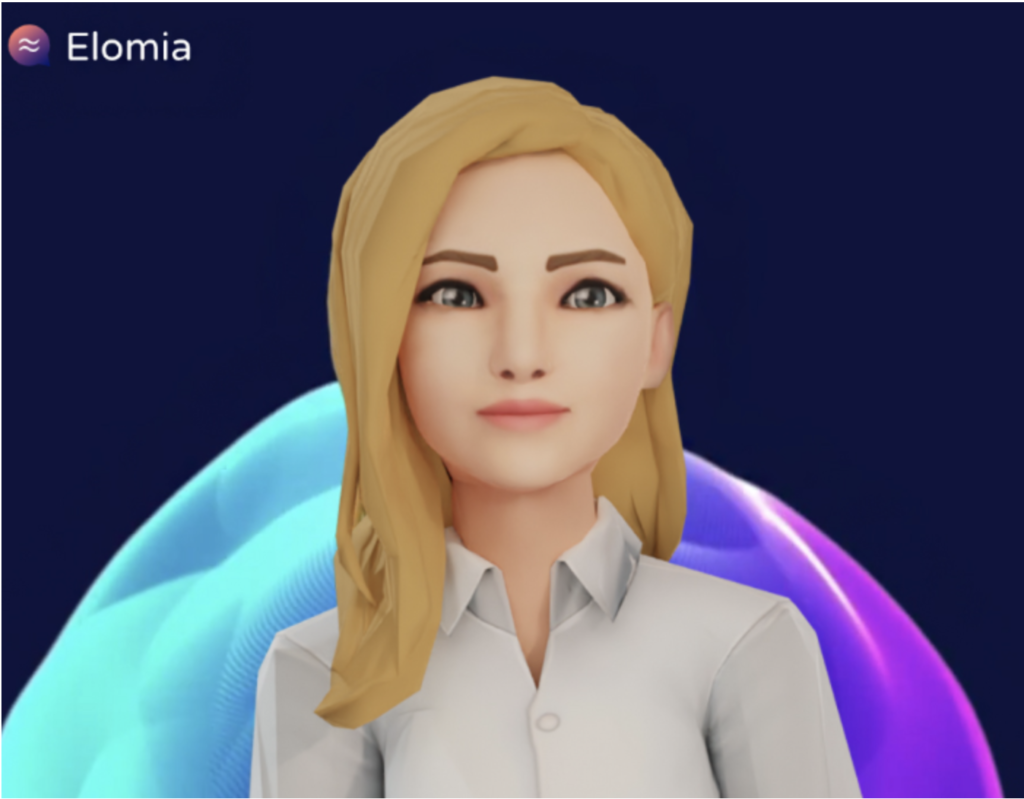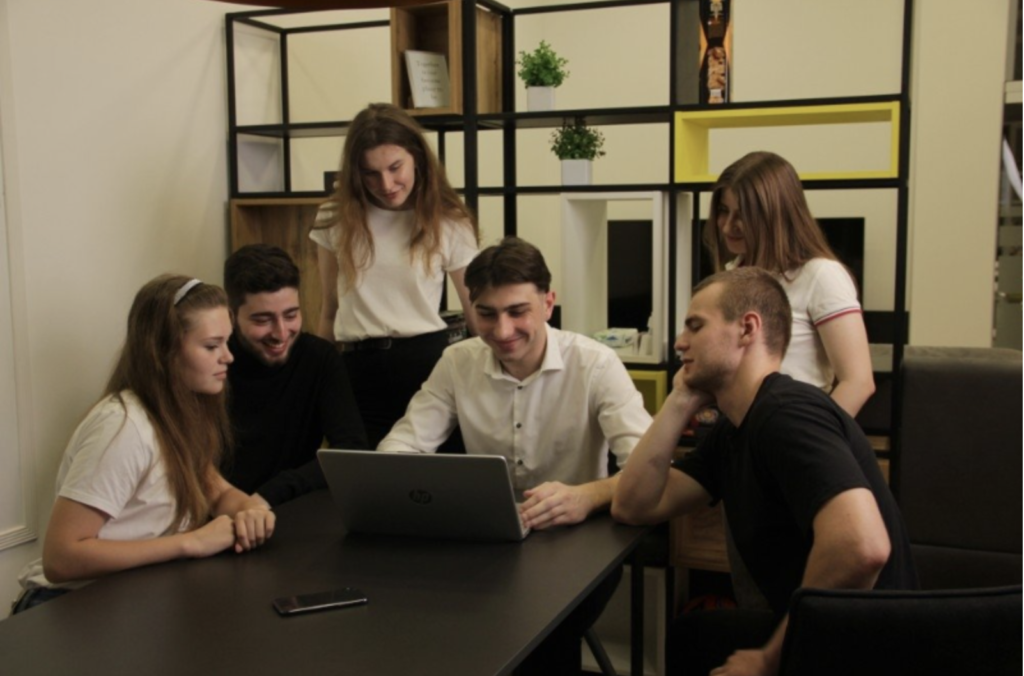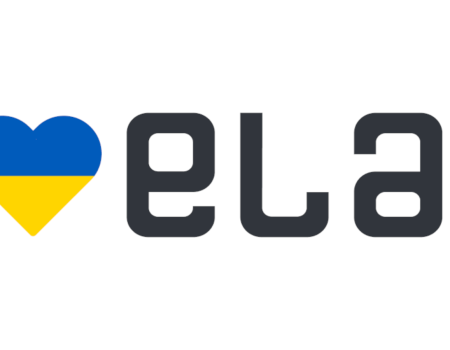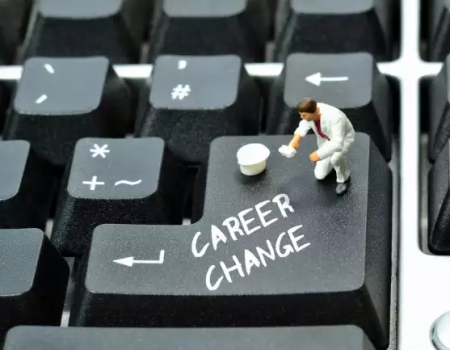What is Elomia?
Elomia is an AI psychologist, created by a Ukrainian team. Taras Pogrebnyak, Mikhailo Markevych and Anastasia Knysh took part in creating Elomia. In 2020, in PUSB(Polish-Ukrainian Startup Bridge) finals, Kyiv Tech Hub 2020 Elomia took first place, won as the best participant and received an award of PLN 30,000.
Today, Elomia is an iPhone app and a chat-bot for reporting problems and getting support. Behind the cartoon avatar there is a generative neural network and dozens of moderator psychologists who control its answers.

Elomia founders team

Creation and rise of Elomia
Pogrebnyak began to look for a business partner – an experienced AI specialist with the makings of a Chief Technical Officer. He met Mikhailo Markevych, with whom he studied at the same faculty. “This is one of the most ambitious goals of the century,” he says. There was no suitable artificial intelligence, nor computers weren’t powerful enough. But technology has advanced rapidly. Markevich agreed to take the risk.
In 2019, Elomia got into the CIG R&D Lab student program of Stepan Chernovetsky’s venture fund, and in 2020, it received a grant of UAH 250,000. The Elomia founding team had already doubled in size by that time. Anastasia Knysh, candidate of psychological sciences from KhPI, and marketer Valeria Rybitskaya joined the project.
Elomia is solving a real problem, CIG Managing Partner Vladimir Krivko explains the jury’s choice. After that experience, other mental health startups got on the fund’s radar, but CIG hasn’t written anyone a check yet. The Ukrainian startup came to the final presentation with an almost finished product – a bot for Telegram. But artificial intelligence was still far away.

Usually neural networks are trained on large arrays of texts, for example, from Twitter or Wikipedia. In order for the bot to “talk” about psychology, dialogues from real psychological sessions are needed. Pogrebnyak and Markevich found several psychologists and began collecting datasets.
Of course, the neural network is not independent. Sometimes it can give absolutely obscure and absurd answers. It needed a supercomputer. In the summer of 2021, Microsoft opened access to the ND A100 v4, a powerful virtual computing machine for AI. The Ukrainian startup could get it through an intermediary from the list of trusted companies. Markevych’s good relationship with Oleksiy Skripnik, the founder of the Ukrainian outsourcer ELEKS, who was on this list, helped. “Like a bit of connections to get into early adopters,” he laughs.
How does the bot bypass psychologists? It is easier to trust the machine, and it answers very quickly and around the clock, Pogrebnyak is sure. The second advantage is the price. For a regular session with a licensed therapist, clients pay $100-200.
“There is nothing in this product now except the algorithm,” Markevich is sure. The main task is to upgrade the AI. Technology can’t be sold if the product isn’t. “This thing will go down in history,” he says.
Frequently Asked Questions (FAQ)
Elomia is an AI-powered psychological platform that helps people improve their mental health.
Elomia is a self-guided program that does not require a therapist. It provides users with personalized feedback and recommendations based on their speech patterns.
Elomia uses natural language processing and machine learning to analyze a person’s speech patterns and identify potential psychological issues.
Infosoft is a team of IT and QA engineers. We provide companies with technical talents and product development experience to create world-class software. You can scale up and down your remote software developing team at any time without any financial risk.


